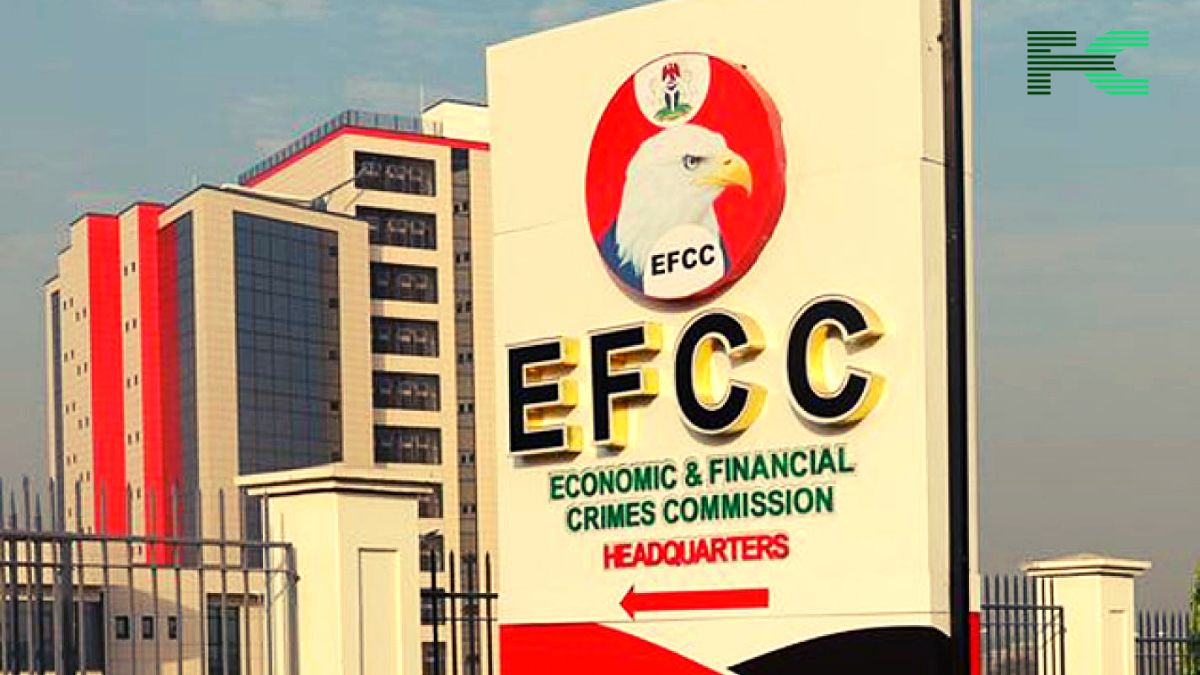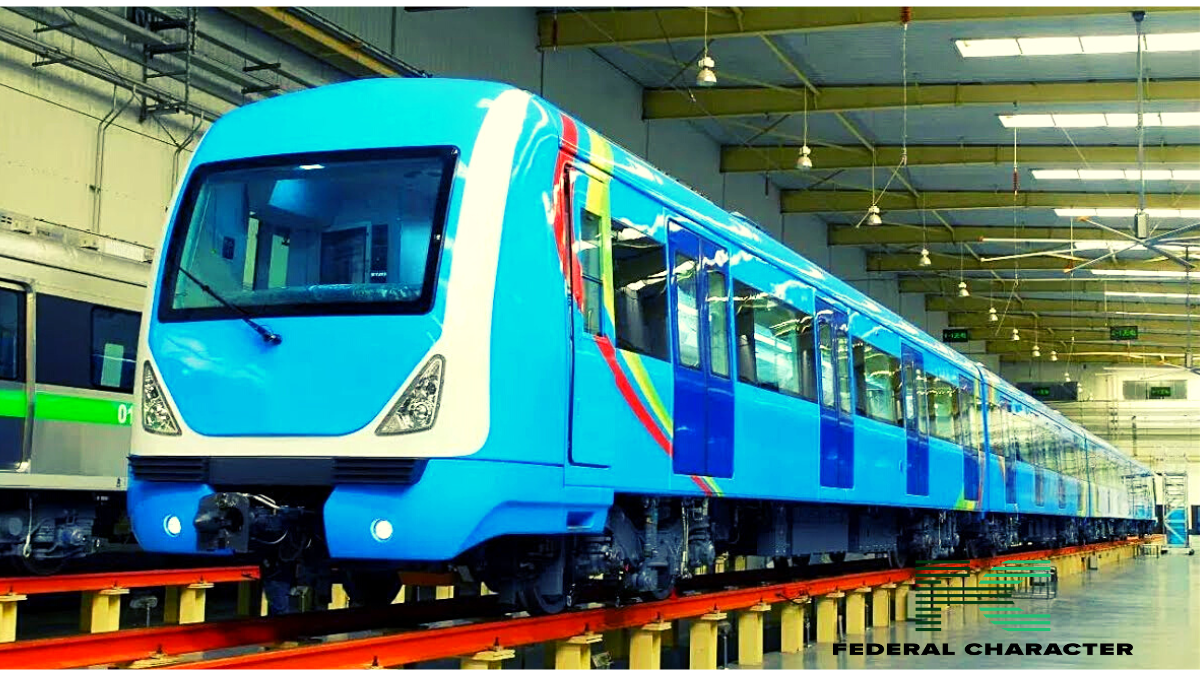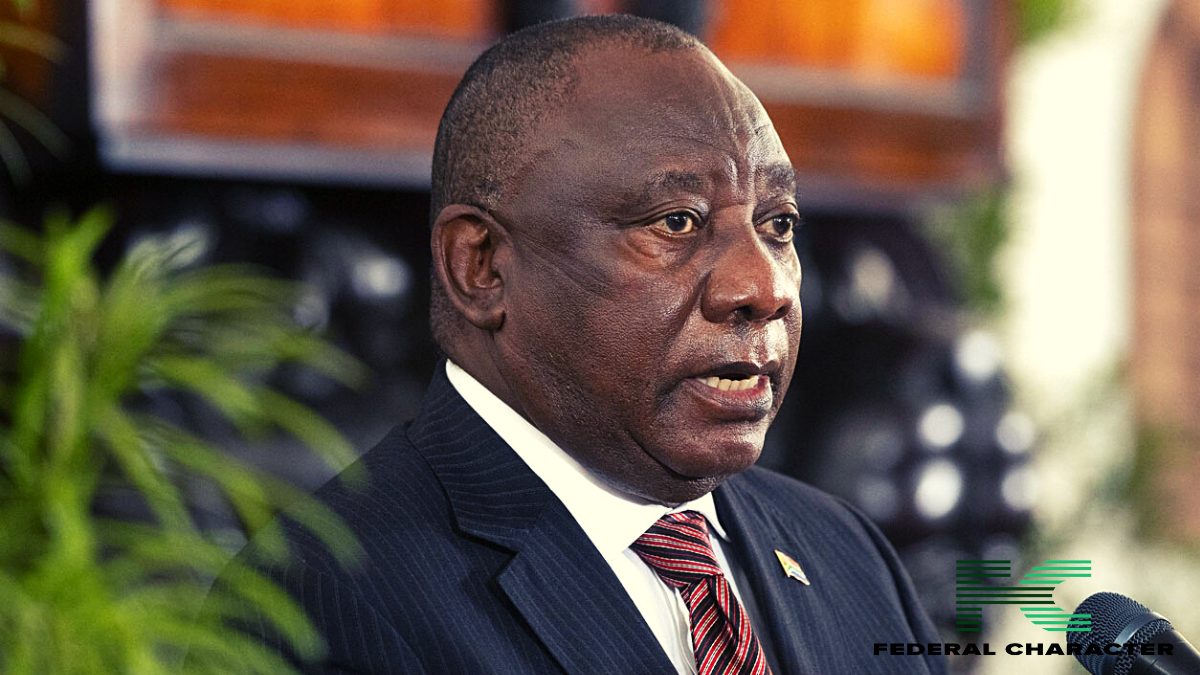According to Russia’s Interfax news agency, Sergei Shoigu, Russia’s security council secretary, arrived in Tehran on Monday. He is set to hold talks with Iranian leaders, including President Masoud Pezeshkian. The discussions are intended to strengthen military and economic ties between the two nations.
Context of the Talks
This visit occurs amid escalating tensions in the Middle East, with resistance forces preparing to retaliate against Israel. Shoigu’s talks with Iranian officials, including Iran’s national security chief and the head of the general staff, aim to solidify cooperation between Russia and Iran.

Geopolitical Implications
The nature of the Russia-Iran alliance raises questions, particularly given Iran’s antagonistic stance toward Israel, a key ally of the US and the West. This alliance might reflect the adage “The enemy of my enemy is my friend.” Russia’s strategy appears to be creating a global divide between Western powers and itself, which is evident across parts of Europe, Asia, and Africa. This building of alliances and regional division among nations raises concerns about the potential for escalating global conflicts.
Current Developments
Since the onset of the Ukraine war, Russia has deepened its relationship with Iran, with plans to sign a broad cooperation agreement. In February, Iran supplied Russia with advanced surface-to-surface ballistic missiles. The US reported in June that Russia was intensifying its defense collaboration with Iran, receiving hundreds of one-way attack drones used in Ukraine, a claim Moscow denies. Recently, Russia joined Iran in condemning the assassination of a Hamas leader, pointing out “the extremely dangerous consequences of such actions”.
Future Outlook
The growing alliance between Russia and Iran poses risks of further geopolitical fragmentation. The potential for this partnership to contribute to a divisive global system cannot be overlooked. It is crucial to monitor these developments and actively seek measures to maintain global peace and prevent hostilities.

















